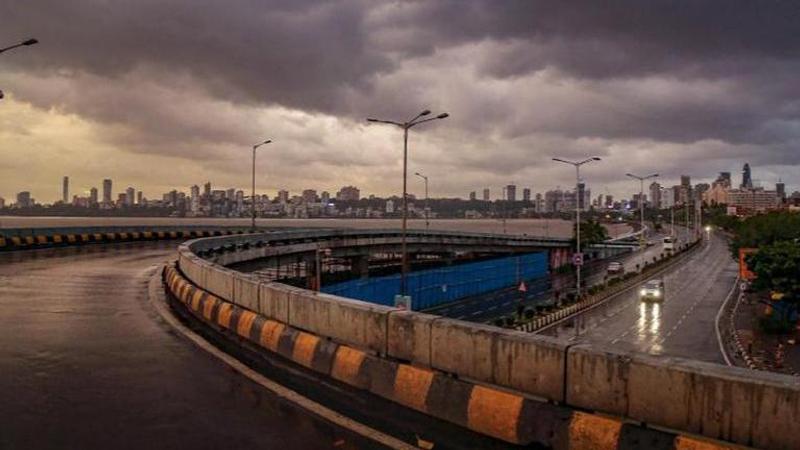Published 23:09 IST, August 1st 2020
Mumbai sees 1059 new COVID cases; growth rate slows to 0.91% with doubling rate at 77 days
Pushing down its growth rate of Coronavirus cases (COVID-19), Mumbai on Saturday, reported 1059 new COVID-19 cases and 45 new deaths, as per BMC bulletin

Pushing down its growth rate of Coronavirus cases (COVID-19), Mumbai on Saturday, reported 1059 new COVID-19 cases and 45 new deaths. The city also saw 832 new recoveries taking its cured tally to 87,906. Mumbai which has lower active cases than Thane, now has 1,15,346 cases with 6395 fatalities and 20,749 are active.
Mumbai: 1059 new COVID cases
Mumbai is seeing a steady rise in recovery rate - standing at 77% now while its growth rise slowed to 0.91%. BMC reported that 5,37,536 samples have been tested till date with a 21.26% positivity rate. As per BMC's war room report, 105 of 1069 ventilator beds were vacant, while 185 of 1755 ICU beds were vacant.
JJ Hospital's contactless transport chamber
Earlier in the day, JJ Hospital rolled out a transport chamber for contactless movement of COVID-19 patients within the premises. Developed by the general surgery department of the hospital with the help of engineers of a firm named Indomed Devices, the glass patient transport trolley transport named 'kavach' aims to reduce the risk of infection among the hospital staff, visitors and other patients. The trolley can also be used for incubating patients for tests - such as sonography and is now being redesigned to install the chamber in ambulances.
Maharashtra reopens malls
After the Centre extended the lockdown, Maharashtra followed the same easing more restrictions. Under the new guidelines, apart from the current relaxations, malls and market complexes have been allowed to reopen from August 5 without theatres, food courts, and restaurants from 9 AM to 7 PM. The guidelines have not mentioned anything on reopening religious places which remain shut across Maharashtra.
Mumbai's COVID crisis
With Maharashtra extending its lockdown, the BMC has increased its containment zones to 764, while over 5409 buildings and chawls have been sealed and are being self-managed by the society. While slums were initially where most cases were found, BMC claims that most cases were now found in housing societies. Recent BMC report shows ward D - (Malabar Hill, Tardeo, Pedder Road and Nepean Sea road) as the most affected place with the doubling rate at 38 days, while Dharavi is the least affected ward with a doubling rate at 161 days. Overall, Mumbai's doubling rate at 77 days is higher than the national average of 21.8 days.
Updated 23:09 IST, August 1st 2020




